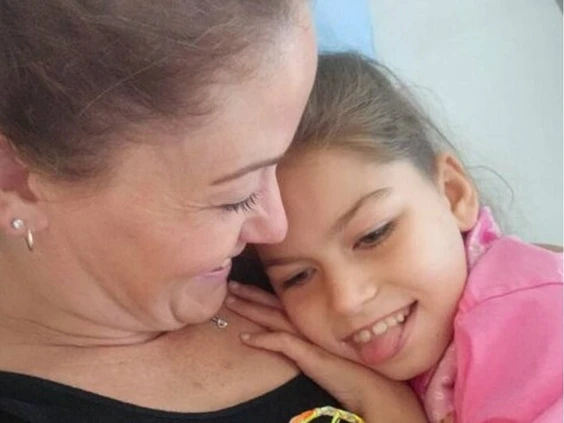The government of British Columbia has reversed its decision to stop funding a vital medication for 10-year-old Charleigh Pollock, who suffers from a rare and fatal illness called Batten disease. The move comes after strong criticism from the public and a new letter from U.S. medical experts, which challenged the original ruling.
Charleigh’s condition, which leads to severe seizures and loss of motor skills, can be slowed by the drug Brineura. However, the province had recently halted public coverage after a group of Canadian health experts claimed the drug was no longer effective enough to justify its high cost. Without public support, Charleigh’s family faced the enormous burden of raising $800,000 per year to keep her treatment going.
Until this reversal, Charleigh was the only child in Canada with Batten disease who had been denied government-funded access to the drug. The situation sparked public outrage, with many accusing the government of forcing families into desperate online fundraisers to pay for vital medical care.
One of the strongest voices was Port Coquitlam Mayor Brad West. A longtime supporter of the ruling New Democratic Party, he criticized the shift from what he called “Tommy Douglas health care to GoFundMe health care.”
The turning point came during a Thursday news conference, where Premier David Eby addressed the growing backlash. He revealed that a new letter had arrived from more than a dozen Batten disease experts in the United States. These specialists voiced serious concerns about how Canada had evaluated the drug and insisted that Brineura could still benefit patients like Charleigh.
Eby called the letter “weighty” and said both he and the health minister were taking it seriously. He explained that the disagreement among health professionals now gave the province a reason to reconsider its position.
Later that day, Health Minister Josie Osborne announced that Charleigh’s drug coverage had been reinstated. She personally informed the family that funding would continue for as long as her doctor and parents agreed it was needed. She also promised that the cost of the latest treatment session, which had been privately funded, would be reimbursed.
In contrast to the earlier decision—communicated by email minutes before it was released to the media—this time Osborne spoke directly with Charleigh’s family. The minister later held a virtual news conference where she apologized for the stress and hardship the family had endured.
Osborne emphasized that while health experts should normally guide such decisions, the division in expert opinion made it wrong to let Charleigh suffer. She also confirmed that a full review of all evidence for and against Brineura was underway. In addition, the province will be working with the Canada Drug Agency to examine how drug assessments are made in future.
Rumors had circulated that some members of the original advisory panel might quit if their advice was overturned. Osborne initially denied receiving any such resignations. However, soon after, a ministry spokesperson confirmed that four out of the 58 panel members had stepped down.
The case has raised difficult questions about how health decisions are made, especially when they affect vulnerable patients with rare diseases. Many observers say the government misjudged the public mood and underestimated the emotional and ethical weight of denying care to a sick child.
Charleigh’s mother, Jori Fales, accepted the minister’s apology and said she was relieved that her daughter’s treatments could continue without delay. Her dedication to securing care for her daughter was praised widely, with many calling her the true hero of the story.
This incident is now prompting calls for deeper reforms in how rare disease treatments are assessed and funded. Critics argue that no family should have to fight this hard to access life-saving care.

